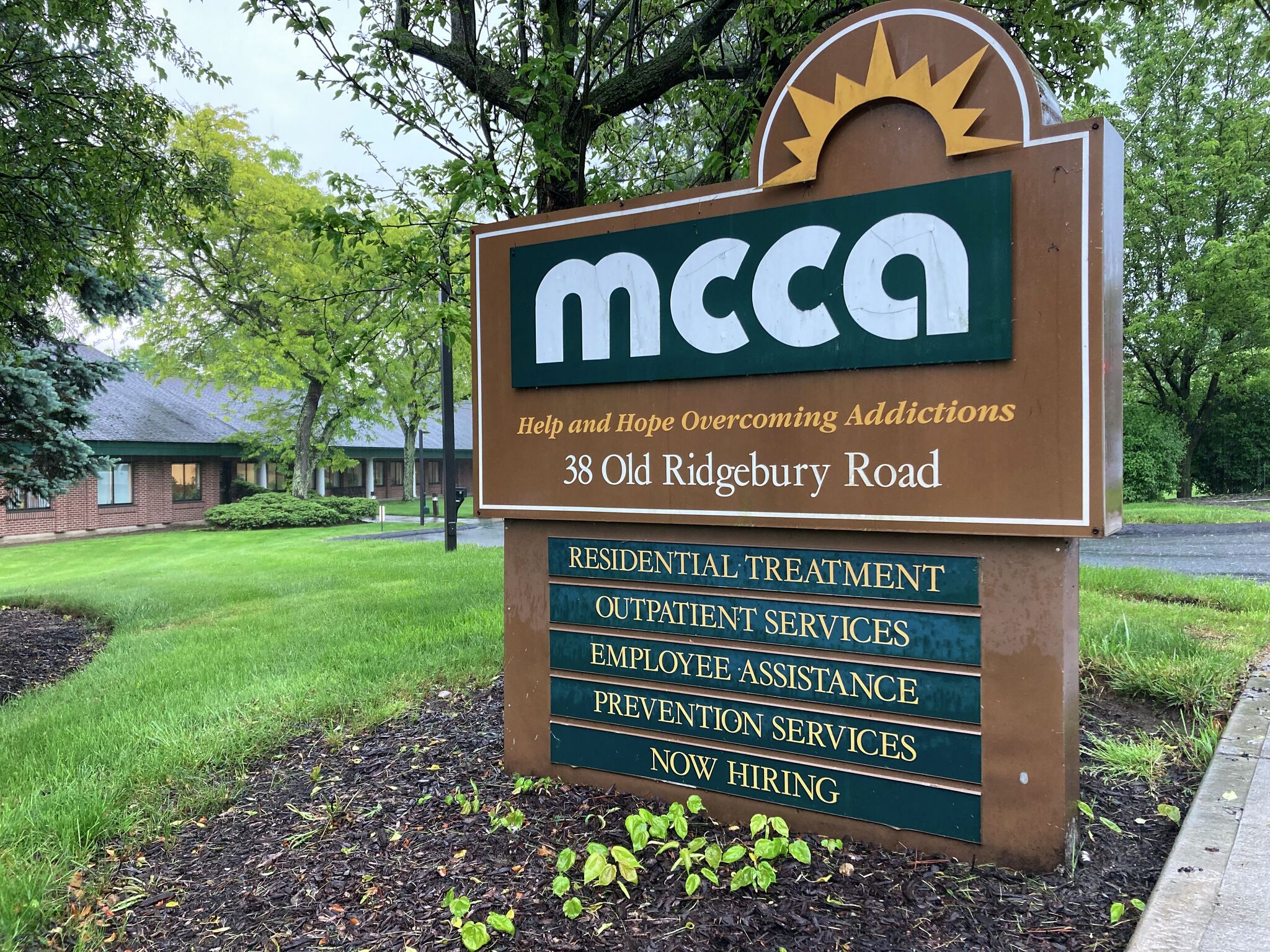In Danbury, Connecticut, the Mid-Western Connecticut Council on Alcoholism (MCCA) is pioneering a significant expansion to its already impressive campus on Old Ridgebury Road. This project, encompassing the construction of a new 10,000-square-foot wing, is poised to introduce a 14-bed facility designed for short-term stays. This ambitious extension seeks to address the surging need for substance abuse and addiction treatment services in the area. By augmenting the existing infrastructure—which already boasts outpatient clinics, a robust withdrawal management program, a residential rehabilitation space, and transitional housing—this development promises to significantly bolster the council’s capacity to deliver critical, life-changing services to individuals battling addiction.
The choice of Danbury for this expansion is strategic, underscoring the city’s growing demand for specialized addiction treatment services. This initiative is not just about adding beds; it’s an integrated approach to enhancing overall community health and wellbeing. With the addition of this facility, MCCA underscores its commitment to offering a continuum of care that supports individuals at various stages of their recovery journey. From initial withdrawal management to transitional housing, the expanded campus is set to offer a seamless pathway to recovery, characterized by compassion, expertise, and a deep understanding of the challenges faced by those living with addiction. This development represents a forward-looking investment in the community, promising to deliver both immediate and long-term benefits to Danbury residents.

- The planned 10,000-square-foot expansion at Danbury’s treatment center aims to enhance recovery services. Source: Rob Ryser – newstimes.com
Community engagement and the forthcoming public hearing on June 5 before the city’s Planning Commission represent critical steps towards realizing the expansion of the Mid-Western Connecticut Council on Alcoholism’s facilities. This gathering is not only a regulatory requirement but also an opportunity for dialogue, where community members can voice their concerns, seek clarifications, and learn more about the projected impact of the expansion. Questions regarding campus security, the potential increase in traffic on Old Ridgebury Road, and how the facility plans to integrate with the rapidly evolving neighborhood are expected to be at the forefront of discussions. Such interactions are vital, as they help ensure that the project not only meets regulatory standards but also aligns with the community’s expectations and needs.
Moreover, addressing the community’s concerns regarding the expansion’s implications for local infrastructure and safety is crucial for fostering a sense of shared purpose and ensuring that the project contributes positively to the neighborhood’s dynamics. The fact that the facility is located near a growing residential area and a site undergoing redevelopment into micro-apartments adds layers of complexity to the integration process. Accordingly, strategies for managing increased traffic and ensuring that the new wing complements the existing community fabric are of paramount importance. Through this public process, MCCA has the opportunity to demonstrate its commitment to being a good neighbor, underscoring that its expansion efforts are not just about enhancing its capacity to serve more clients, but also about contributing to the health and vitality of the broader Danbury community.





